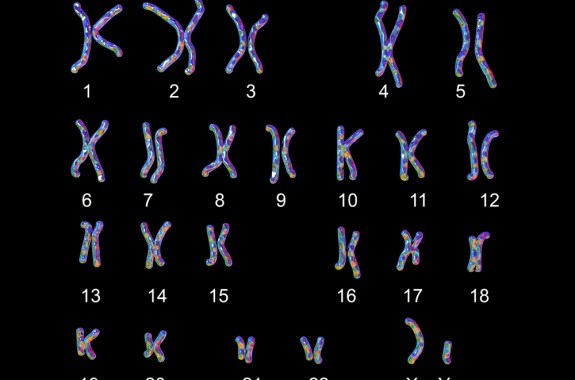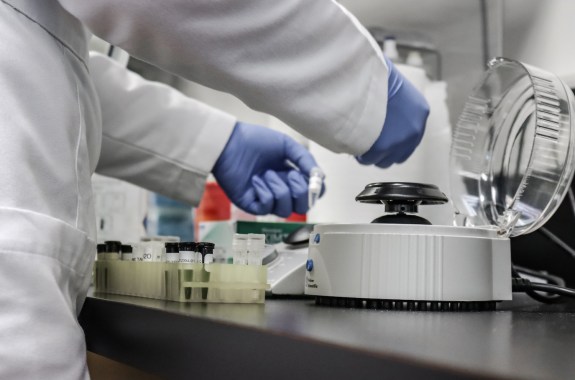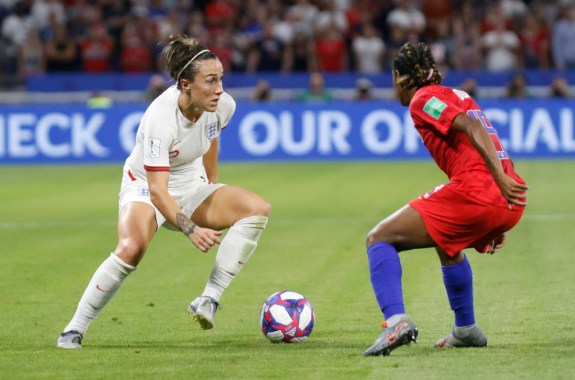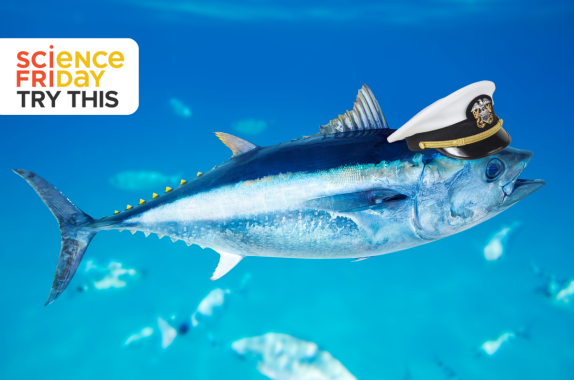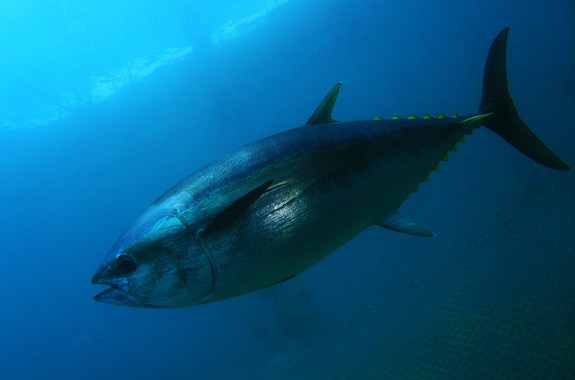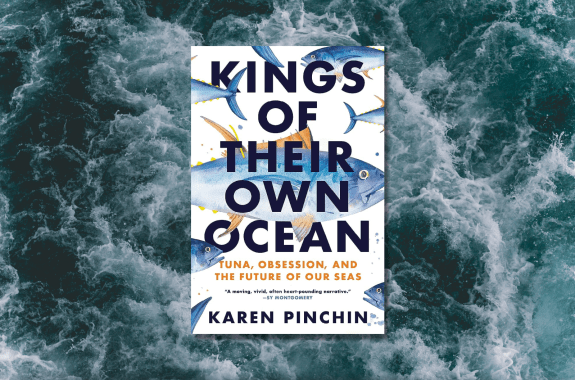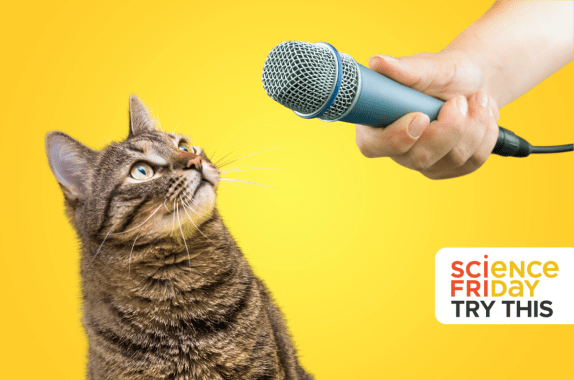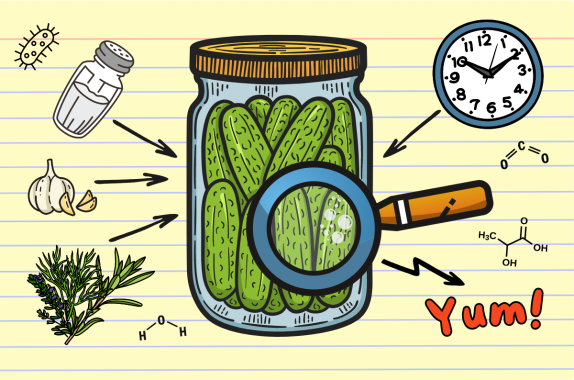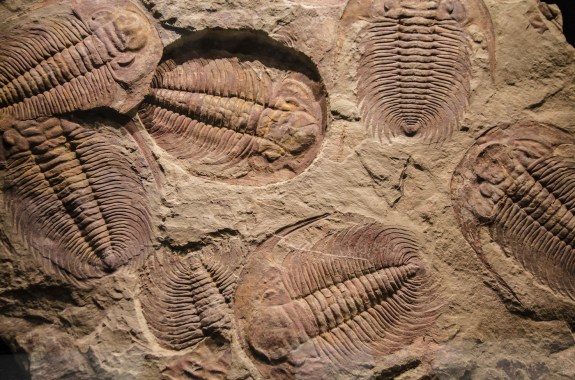17:00
Unraveling the Mysteries Of The Y Chromosome
Assembling the complete sequence of the Y chromosome is an important step toward understanding the human genome.
Your Tick Bite Can Help Scientists Map The Spread Of Disease
Resources like “The Tick App” and local tick research labs can help you learn about tick exposure and contribute to the science that’s tracking their impact.
16:24
Challenging The Gender Gap In Sports Science
Most participants in sports research are still men, even as girls, women, and those outside the gender binary take to the field.
12:16
Using Stem Cells For Cornea Repair Is Worth A Look
Stem cell grafts may open up new treatment avenues for severe eye injuries.
Tracking Tuna: How Do Behavior And Environment Interact?
Researchers track tuna fish across the ocean. What do they hope to learn and how can you use the same science to make your day better?
16:51
A Tuna’s Reel Life Adventures
Science journalist and the author of a new book talks about her research into a mighty fish nicknamed Amelia, and the recovery of fishery.
Bluefin Tuna Help Tell The Story Of Our Oceans
For 3,000 years, demand for bluefin tuna has existed in uneasy balance with its natural ability to reproduce and thrive.
Can Your Cat Talk To You? Use Science To Find Out!
What does meow really mean? Investigate how your favorite pet communicates in this fun, family-friendly STEM activity.
Stinky And Delicious: Why Fermentation Makes Great Food
Discover the world of fermentation with a world-renowned chef as you use kitchen chemistry to transform raw veggies into delicious dishes.
33:13
Ask An Expert: An Evolution Education
Talking about the science behind evolution, in light of laws allowing schools to teach creationism.
